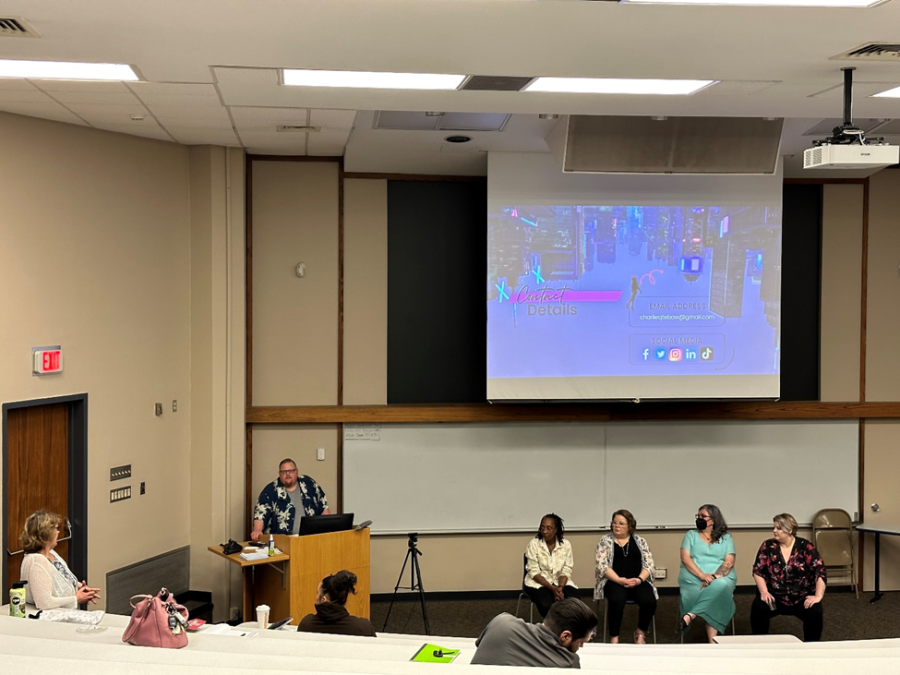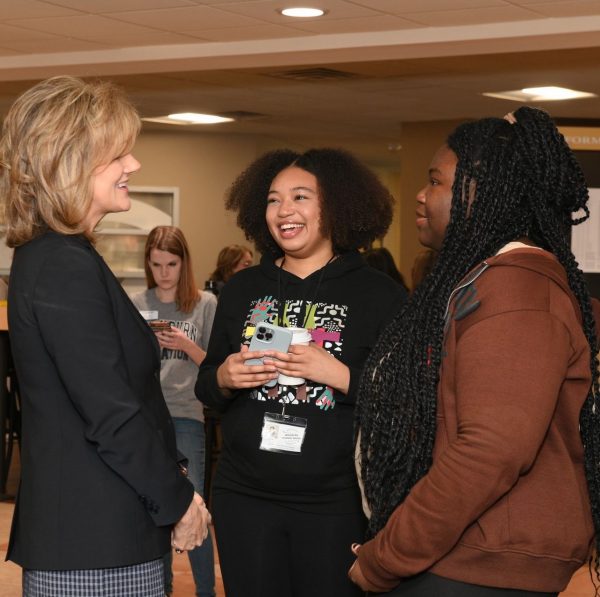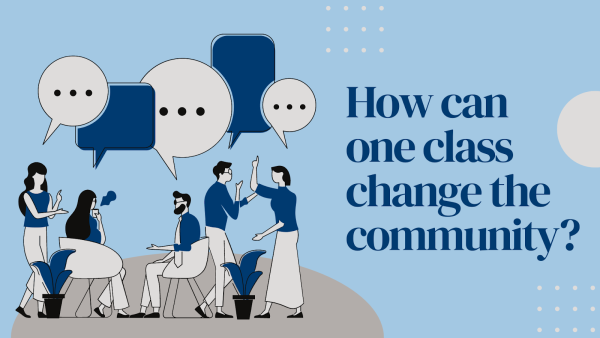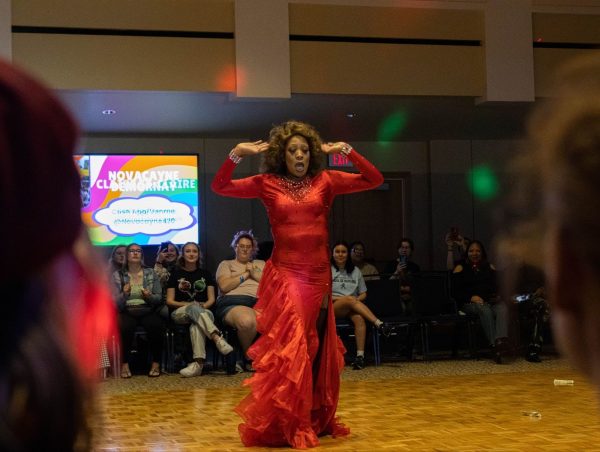Survivors and advocates discuss human trafficking and efforts to combat it
Survivors and advocates discuss human trafficking around college campuses and communities. The event emphasized the efforts to combat the issue and was held on April 11, 2023.
On April 11, 2023, P.E.A.C.E. 4 Change hosted a panel to discuss human trafficking and the needs to combat it in Henderson room 112. Survivors want others to seek help if there is any such problem.
Human trafficking is a complex and pervasive issue that occurs in many countries, including the United States, and it requires a multi-faceted approach involving prevention, prosecution of human traffickers and protection of victims.
Efforts to combat human trafficking involve law enforcement agencies, government organizations, non-governmental organizations (NGOs) and other stakeholders. Each organization works together to raise awareness, support victims, prosecute traffickers and implement policies and programs that prevent trafficking and support survivors.
Wherever there is poverty, conflict and gender inequality, women’s and girls’ lives are at-risk for exploitation. Human trafficking is a heinous crime that shatters lives, families and dreams.There are organizations that serve, empower and elevate individuals and communities that have experienced trauma and exploitation.
Charlie Tebow, advocate, activist and speaker of the night, Khalani Britt, part of The Least of These Ministers organization and Sharon Sullivan, professor and chair of the theater department, expressed their opinions on human trafficking.
Chased by their own adversity, Tebow has thirty years of experience in demonstrating for human services. There are organizations that serve, empower and elevate individuals and communities that have experienced trauma and exploitation. Tebow employs their own artistry into trauma informed and person centered healing tools for trauma survivors.
“My superpowers are empathy, healing and resilience. Being a survivor and advocate, I’ve gotten a lot. Traumas, domestic violence, emotional disbalances hit differently,” Tebow said.
Tebow elaborated that to deal with the traumas and emotional imbalances one must learn what triggers hits and figure out what the light was in one’s own life. To do this he suggests building a life vessel, finding light in the dark and figuring out a way to make life worth it.
It’s important to speak up if something doesn’t seem right. There are organizations that encourage people to trust their instincts and report suspicious activity to the authorities.
“Our insecurities get played, it’s important to prioritize the safety and well-being of the survivor and follow proper procedures in line with local laws and regulations,” Britt said.
Sullivan and the panel of survivors want people to never hesitate to ask for help. There are numerous NGOs and helplines that specialize in assisting survivors of trafficking. They can provide support, resources and guidance on how to seek help and navigate the legal and social systems.
Human trafficking can occur domestically within a country or transnationally across borders. Victims of human trafficking can be men, women and children of all ages and backgrounds. These victims are often vulnerable individuals who are targeted by traffickers.
Traffickers may use a variety of means to control and exploit their victims, including physical and psychological abuse, deception, manipulation and threats.
If there are any problems regarding trauma, human trafficking or domestic violence, Washburn University, as well as other organizations provide self counseling. Visit these sources for help and more information: 988 Life Line, Washburn’s Family and Human Services department and The Least of These Ministries.
Edited by Cee Spiller and Aja Carter
Your donation will support the student journalists of Washburn University. Your contribution will allow us to purchase equipment and cover our annual website hosting costs.









